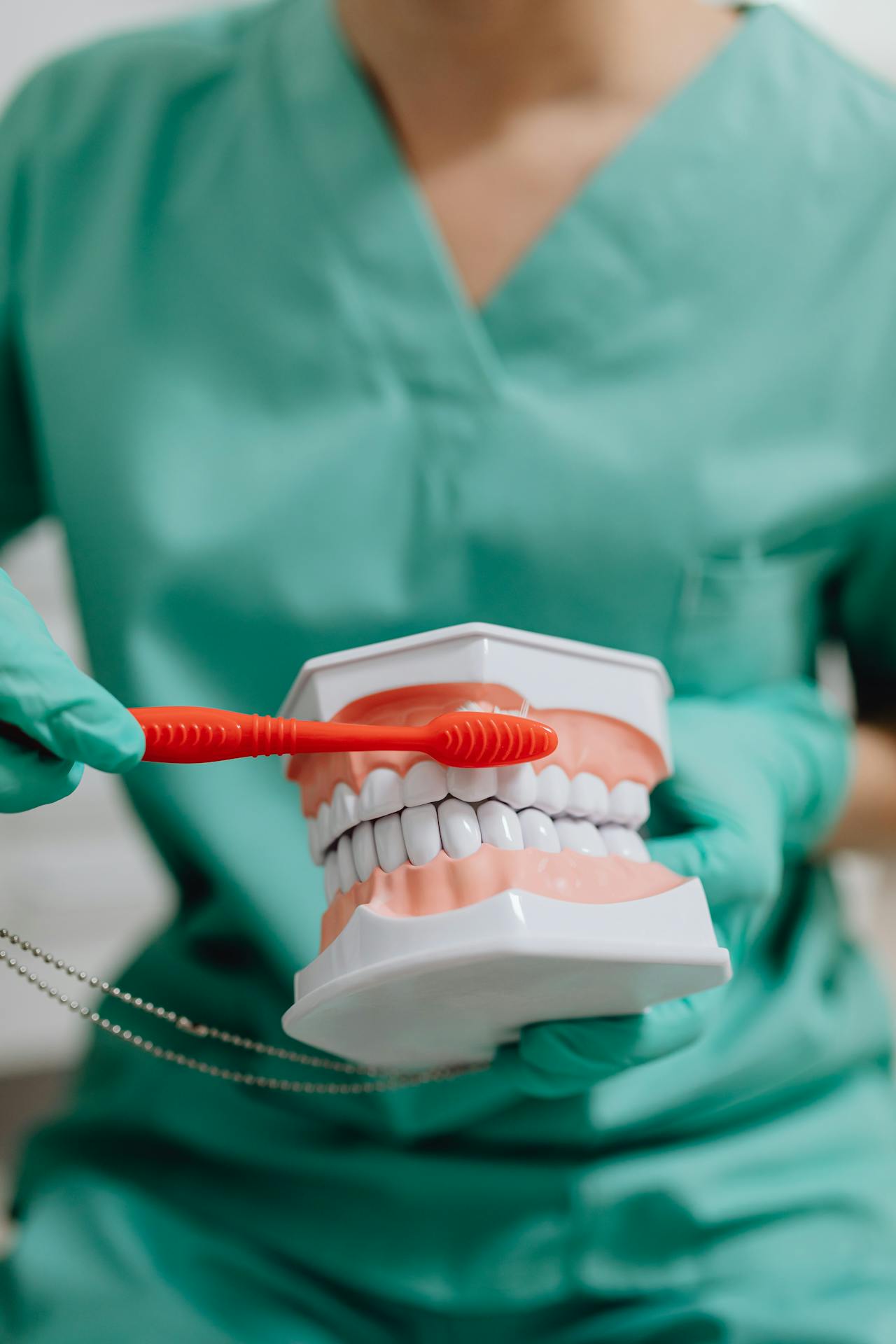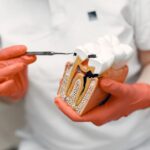Periodontal disease, also known as gum disease, is a serious condition that can lead to tooth loss and other health issues if left untreated. It starts with inflammation of the gums (gingivitis) and can progress to affect the bone that supports your teeth. The good news is that periodontal disease is largely preventable with proper care and attention. Here are some effective strategies to help you maintain healthy gums for a lifetime.
1. Practice Good Oral Hygiene
Maintaining good oral hygiene is the first and most crucial step in preventing periodontal disease. Here’s how you can keep your gums healthy:
- Brush Twice Daily: Brush your teeth at least twice a day using a fluoride toothpaste. Make sure to brush along the gumline to remove plaque that can cause gum disease.
- Floss Daily: Flossing helps remove food particles and plaque between your teeth and under the gumline where your toothbrush can’t reach.
- Use Mouthwash: An antimicrobial mouthwash can help reduce plaque and prevent gingivitis.
2. Regular Dental Check-ups
Seeing your dentist regularly for check-ups and professional cleanings is vital for preventing periodontal disease. Your dentist can detect early signs of gum disease and provide treatments to prevent its progression.
- Professional Cleanings: Dental cleanings remove tartar (hardened plaque) that cannot be removed by brushing and flossing alone.
- Dental Examinations: Regular exams allow your dentist to monitor your oral health and catch any issues early.
3. Maintain a Healthy Diet
Your diet plays a significant role in your oral health. Eating a balanced diet can help prevent periodontal disease by strengthening your gums and overall immune system.
- Eat Nutritious Foods: Include plenty of fruits, vegetables, lean proteins, and whole grains in your diet.
- Limit Sugary Foods and Drinks: Sugary foods and beverages can contribute to plaque buildup and gum disease.
4. Quit Smoking
Smoking is a major risk factor for periodontal disease. It weakens your immune system, making it harder for your body to fight off gum infections.
- Seek Help to Quit: If you smoke, talk to your doctor about strategies to quit smoking. Your dentist can also provide resources and support to help you stop.
5. Manage Stress
Stress can negatively impact your immune system and make you more susceptible to infections, including gum disease. Finding ways to manage stress can benefit your oral health.
- Practice Relaxation Techniques: Techniques such as deep breathing, meditation, and yoga can help reduce stress.
- Exercise Regularly: Physical activity is a great way to manage stress and improve overall health.
6. Be Aware of Medication Side Effects
Certain medications can cause dry mouth, which can increase your risk of periodontal disease. Saliva helps wash away food particles and neutralize acids produced by bacteria in the mouth.
- Stay Hydrated: Drink plenty of water to keep your mouth moist.
- Talk to Your Dentist: If you experience dry mouth as a side effect of medication, discuss it with your dentist. They may recommend saliva substitutes or other treatments.
7. Use the Right Dental Products
Using dental products that are specifically designed to promote gum health can make a difference in preventing periodontal disease.
- Choose Soft-Bristled Toothbrushes: Soft-bristled toothbrushes are gentle on your gums and effective at removing plaque.
- Consider Electric Toothbrushes: Electric toothbrushes can be more effective at removing plaque and maintaining gum health.
8. Know the Signs of Gum Disease
Early detection of gum disease can prevent it from progressing to more serious stages. Be aware of the common signs and symptoms:
- Red, Swollen Gums: Healthy gums should be pink and firm, not red and swollen.
- Bleeding Gums: Gums that bleed easily, especially during brushing or flossing, may be a sign of gum disease.
- Bad Breath: Persistent bad breath or a bad taste in your mouth can indicate gum disease.
- Receding Gums: Gums that are pulling away from your teeth can be a sign of periodontitis.
Commitment to Good Oral Hygiene
Preventing periodontal disease requires a commitment to good oral hygiene, regular dental visits, a healthy lifestyle, and awareness of the early signs of gum problems. By following these strategies, you can maintain healthy gums and a beautiful smile for a lifetime. If you have any concerns about your gum health, don’t hesitate to contact your dentist for advice and treatment.





